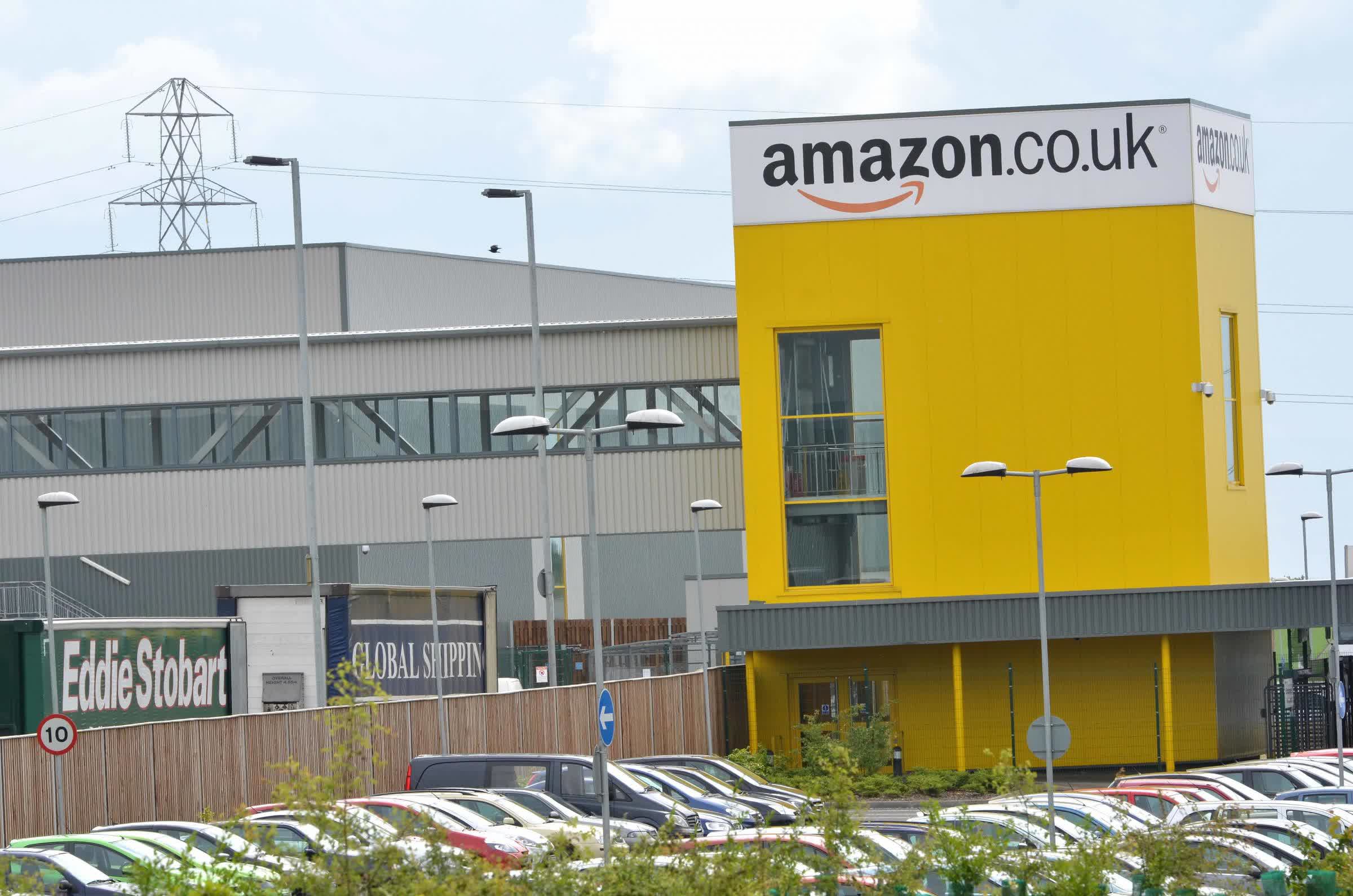What just happened? Amazon has announced plans to cut waste by making it easier for third-party businesses to resell customer-returned items or overstock inventory on the platform. The move comes after the retail giant was heavily criticized for destroying up to 200,000 items per week at its Dunfermline warehouse in Scotland.
Amazon has introduced two new Fulfilment by Amazon (FBA) programs that it says will give more products a second life. The first of these, called FBA Grade and Resell, gives third-party selling partners the option to sell returned products on Amazon as "used" items, with the price based on the product's condition as evaluated by Amazon (Like New, Very Good, Good, and Acceptable). The program is available now in the UK and will come to the US by year-end.
The second program, FBA Liquidations, lets sellers recover a portion of their inventory cost from their returned or overstock items by reselling them through Amazon's bulk resale partners. The program is live in the US, Germany, France, Italy, and Spain, and comes to the UK in August.
"Customer returns are a fact of life for all retailers, and what to do with those products is an industry-wide challenge," said Libby Johnson McKee, a director at Amazon. "These new programs are examples of the steps we're taking to ensure that products sold on Amazon --- whether by us or our small business partners --- go to good use and don't become waste."
A former Amazon employee secretly filmed the 'destruction zone' at the company's Dunfermline warehouse where unwanted goods are marked 'destroy'.
--- ITV News (@itvnews) June 21, 2021
A leaked document showed more than 124,000 items marked as 'destroy' in just a week.
Watch: https://t.co/OJjexB0YQd#AmazonWaste
The programs' announcement comes a few weeks after UK broadcaster ITV News shared footage recorded inside Amazon's Dunfermline warehouse showing consumer electronics, jewelry, books, packages of face masks, and more being set aside for destruction. Both new and returned items flagged to be destroyed were reportedly sent to the "destruction zone" of the warehouse.
A former Amazon worker claimed that the weekly target of destroyed items is about 130,000, half of which are new and half returned, though this could sometimes reach 200,000. "There's no rhyme or reason to what gets destroyed: Dyson fans, Hoovers, the occasional MacBook and iPad; the other day, 20,000 COVID (face) masks still in their wrappers," the ex-employee said.
Greenpeace was one of the environmental organizations to criticize Amazon's apparent wastefulness. The group said the investigation showed Amazon "works within a business model built on greed and speed."
Masthead credit: Dunfermline Press
